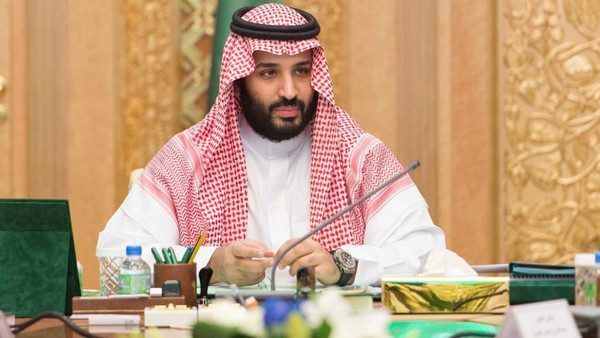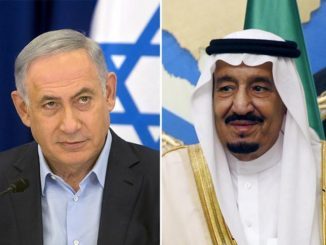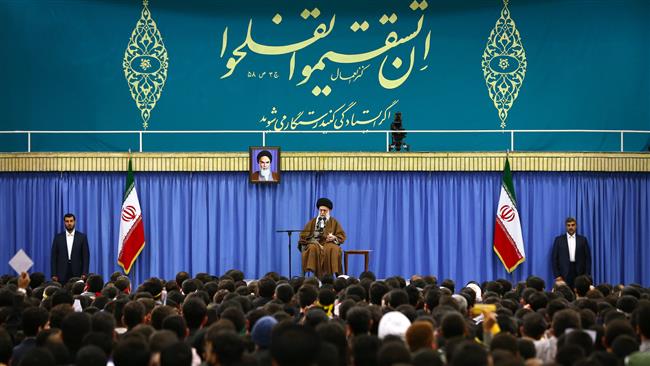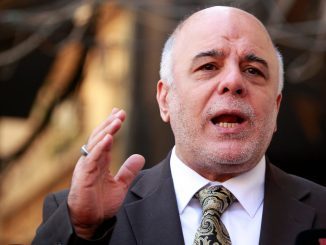
Saudi Arabia’s crown prince, Mohammed bin Salman, who leads an economic reform drive at home, left for talks in the United States on Monday, official media said.
The visit comes with the longstanding US-Saudi relationship strained by greater American energy independence and last year’s international nuclear agreement with Riyadh’s regional rival Iran.
The decades-old ties have been based on an exchange of American security for Saudi oil.
Prince Mohammed, 30, who is also defence minister, will hold talks with US officials on “strengthening bilateral relations and discussing regional matters of mutual interest”, the Saudi Press Agency said.
It gave no details on the programme of the visit or its duration.
The prince, who is King Salman’s son, was accompanied by a ministerial delegation including Finance Minister Ibrahim al-Assaf and Commerce and Investment Minister Majid al-Qasabi.
His trip follows an April visit to the kingdom by US President Barack Obama, who also attended a summit meeting with Gulf leaders.
Regional monarchs have been offended by Obama’s tone and actions, particularly what they see as his reluctance to get involved in Syria and other regional problems, as well as his perceived tilt towards Iran.
Riyadh and Tehran support opposite sides of the wars in Syria and Yemen.
Saudi Arabia and its neighbours fear the US-supported deal to curb Iran’s nuclear programme will embolden the country, which they accuse of interference throughout the Middle East.
During his Riyadh trip, Obama sought to reduce tensions. He offered reassurances over Iran and said the US and the Gulf are united in fighting Islamic State group militants.
Saudi-US tension
Jamal Khashoggi a veteran Saudi journalist and analyst, said there are various reasons for Prince Mohammed to visit Washington even though relations are not at their best.
“It is true that maybe Saudi Arabia has given up on the Obama administration but a lot of things could happen in the next six months,” Khashoggi said.
Differences between Riyadh and Washington over Syria are growing, and “there is a need for direct face-to-face discussion about that.”
During his stops in Washington and New York, Prince Mohammed is also expected to hold discussions with senior bankers and business executives.
Prince Mohammed is the main architect of a wide-ranging “Vision 2030” plan released in April to diversify the kingdom’s economy away from oil.
At the heart of Vision 2030 is a plan to float less than five percent of state oil firm Saudi Aramco on the stock market.
The proceeds would become part of the world’s largest state investment fund, with $2 trillion in assets.
Profits from the fund would help economic diversification and provide an alternative to oil revenues that have fallen by about half since 2014.
This month, San Francisco-based Uber announced that the Saudi Public Investment Fund has pumped $3.5 billion into the ride-sharing giant.
The move signals a more aggressive global investment presence by the kingdom under its economic restructuring programme.
Uber is a smartphone app that connects passengers and drivers around the world.
Prince Mohammed has risen to be among Saudi Arabia’s most influential figures since being named second-in-line to the throne last year.
His visit comes after the Obama administration reportedly blocked sales of cluster bombs to Saudi Arabia for use in Yemen.
The journal Foreign Policy, citing US officials, said the White House had quietly placed a hold on the transfer of such munitions to the Sunni kingdom.



